
Frederic Fatzer grew up in the small town of Kinsley, Kansas, notable for its equidistance between New York City and San Francisco. He sensibly adopted the stage name Freedy Johnston. His small town background initially constrained his music career – with no local music store, he bought his first guitar from a mail-order catalogue at the age of 16. He was already in his thirties when he released his breakthrough album Can You Fly.
Despite the acclaim for early 1990s work like Can You Fly and ‘Bad Reputation’, Johnston’s a largely unheralded figure. His rootsy power-pop is always tuneful and thoughtful, often tinged with a hint of darkness and disquiet. His economical, character-driven songwriting and his pleasantly keening voice are distinctive. He released four excellent records in a row between 1992’s Can You Fly and 1999’s Blue Days Black Nights, making him one of the most consistent artists of the 1990s.
Johnston released his ninth album, the impressive Back on the Road to You. How does it stack up next to the rest of his catalogue?
Freedy Johnston Albums Ranked
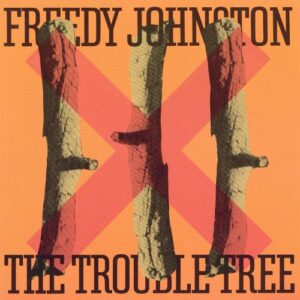
#9 The Trouble Tree
1990
Johnston’s debut album is something of a false start to his career. It’s raw and amateur compared to his later efforts – Johnston hasn’t yet found his songwriting voice and the backing band’s less adept than the distinguished musicians whom Johnston would later work with. The funky drumming works on tracks like ‘No Violins’, and ‘Red-Haired Girl’ is the heaviest song in Johnston’s catalogue.
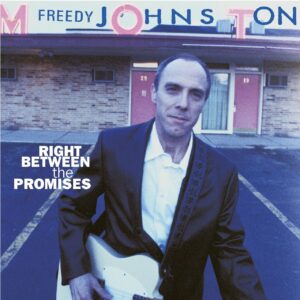
#8 Right Between the Promises
2001
Right Between the Promises marks Johnston’s final record as a major-label artist. After a sequence of strong records, it feels like his creative well is depleted – indicated by an inessential cover of Edison Lighthouse’s ‘Love Grows (Where My Rosemary Goes’. The bluesy ‘Back to My Machine’ is a strange aberration in Johnston’s career. Aside from a couple of duff tracks, most of Promises is typically solid – the relaxed ‘That’s Alright With Me’ and the ukulele-driven ‘Radio for Heartache’ are more successful forays into new musical territory for Johnston.
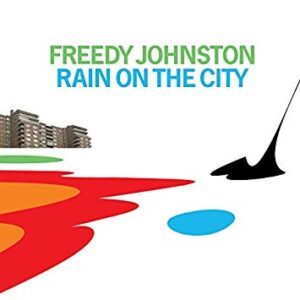
#7 Rain on the City
2010
Johnston took nearly a decade to record a new studio album after Right Between The Promises, but when he returned he was reassuringly unchanged. Rain on the City is well-crafted, but sometimes a little too polite and restrained for its own good. It’s strongest when Johnston ups the energy – especially on standout track ‘Don’t Fall in Love With a Lonely Girl’, as well as ‘The Other Side Of Love’ and ‘Livin’ Too Close to the Rio Grande’.
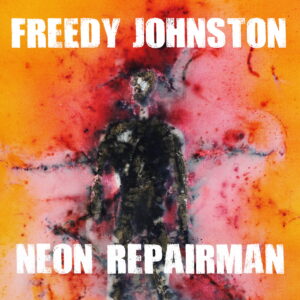
#6 Neon Repairman
2015
Neon Repairman follows a similar template to its predecessor, Rain on the City, a set of low-key yet classy songs. It’s Johnston’s first self-produced album. The title track was written to parallel Jimmy Webb’s ‘Wichita Lineman’. Other highlights include ‘The First to Leave the World, Is the First to See the World’, about Yuri Gargarin’s first space flight, and the rootsy power-pop of ‘TV In My Arms’.
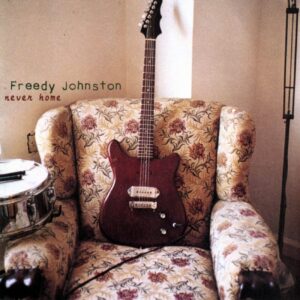
#5 Never Home
1997
On his fourth album, Johnston works with Danny Kortchmarr, a guitarist known for his involvement with James Taylor. Working with the ace rhythm section of Graham Maby and ex-Tom Petty drummer Stan Lynch, Never Home has some of Johnston’s most energetic and intricate arrangements. Songs like the gritty opener ‘On The Way Out’, ‘One More Thing to Break’, and ‘You Get Me Lost’ overshadow the rest of the record.
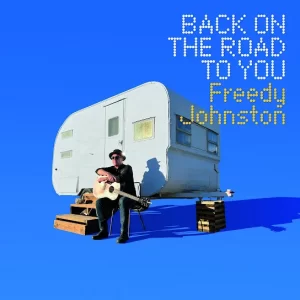
#4 Back on the Road to You
2022
Johnston’s ninth album is impressive, measuring up to the excellent series of records he made in the 1990s. It’s his most energetic for decades, while harmony vocals from Aimee Mann, Susan Cowsill, and Susanna Hoffs provide some extra colour. It features some of Johnston’s most conventional songwriting – the power pop of ‘The Power of Love’ isn’t as distinctive as most of Johnston’s work, but it’s interesting to hear him dabble in more normal songwriting. The graceful delicacy of ‘Trick of the Light’ is another gorgeously understated song in a catalogue abundant with them.
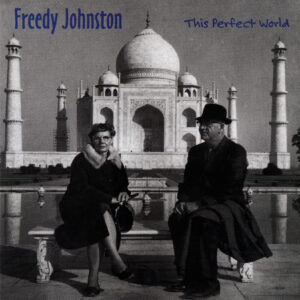
#3 This Perfect World
1994
Johnston’s third album was produced by Garbage’s Butch Vig – Johnston and Vig also play together in a covers band named the Know-it-All Boyfriends. It opens with his best-known song, ‘Bad Reputation’ – unjustly, it didn’t crack the top 50 on Billboard. In spite of Johnston’s success with Can You Fly, the character sketches here are darker than usual – ‘Dolores’ is inspired by Lolita, while ‘Evie’s Tears’ concerns sexual abuse. Overall, This Perfect World is too sombre for its own good – it needed more upbeat tracks like ‘Can’t Sink This Town’.
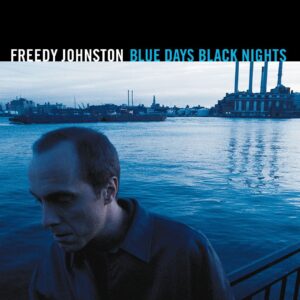
#2 Blue Days Black NightS
1999
Johnston’s fifth album shares its name with an early Buddy Holly song. On Blue Days Black Nights Johnston worked with producer T-Bone Burnett, who provides an elegant and stripped-down sound. Johnston’s often on piano, and his songs are more personal than his usual character studies. Highlights include the gently grooving power-pop of ‘Changed Your Mind’ and the delicate piano balladry of ‘Caught As You Look Away’.
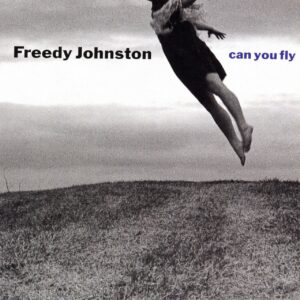
#1 Can You Fly
1992
Johnston took a risk for his sophomore album, selling some of the farmland he inherited from his grandfather to finance the recording. Johnston’s surrounded by talent this time around – he’s produced by Graham Maby (from Joe Jackson’s band), who also provides some killer basslines. He duets with Syd Straw on ‘Down in Love’, while singer-songwriters Marshall Crenshaw, Kevin Salem, and Chris Stamey also contribute. His rootsy alt-rock is often edgy, but it’s the mellow tracks that are often the most memorable – the pretty ‘Mortician’s Daughter’ and ‘The Lucky One’. Robert Christgau was close to the mark when he called Can You Fly a perfect album.
Read More
38 Comments
Leave a Reply
Review Pages
Read about the discographies of musical acts from the 1960s to the present day. Browse this site's review archives or enjoy these random selections:
Blog Posts
I add new blog posts to this website every week. Browse the archives or enjoy these random selections:
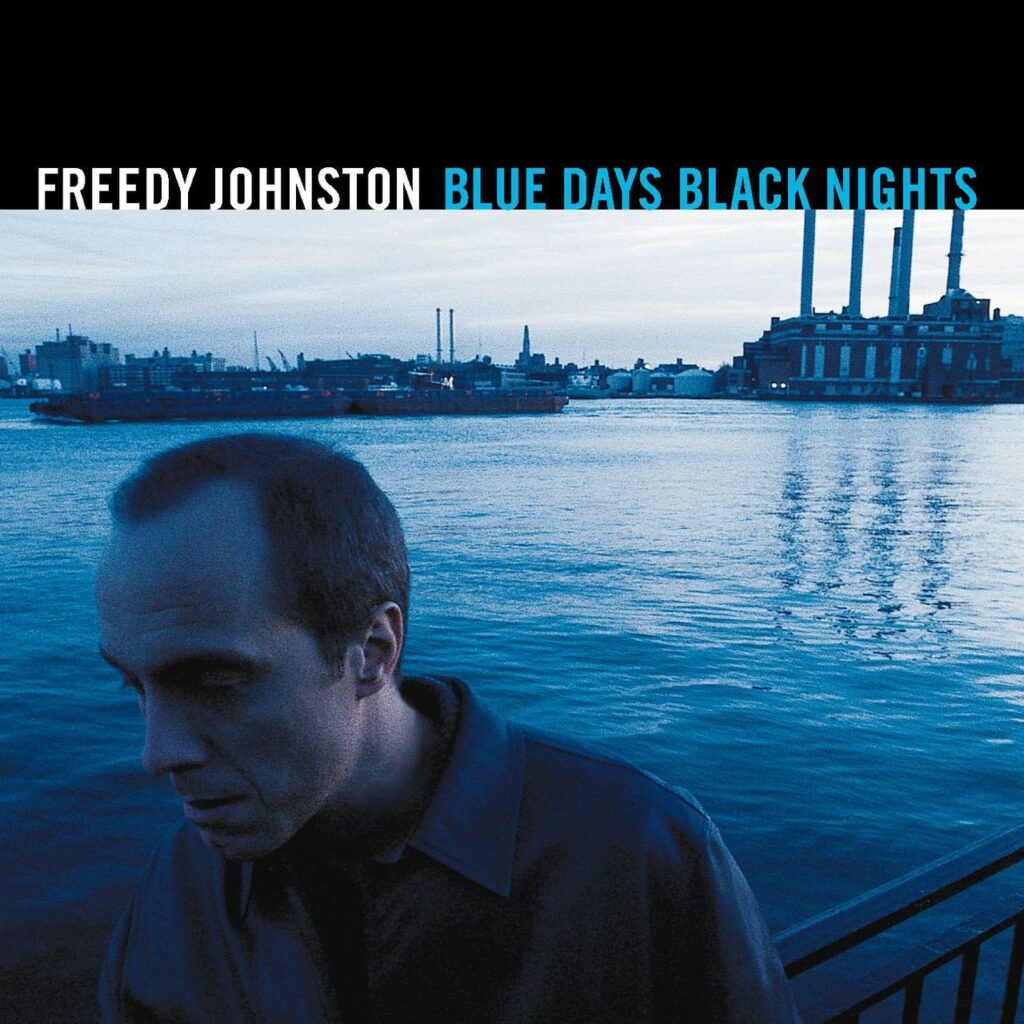

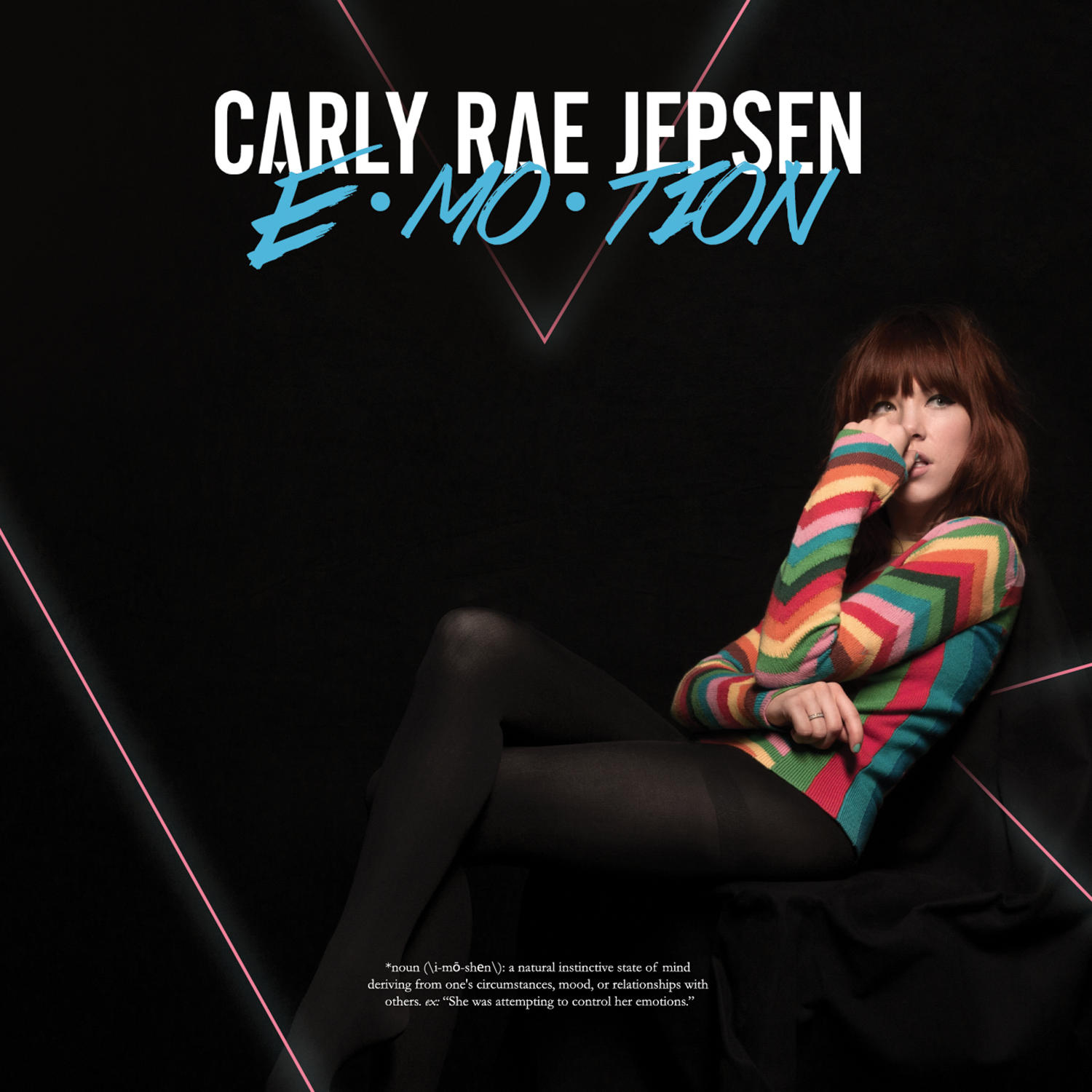
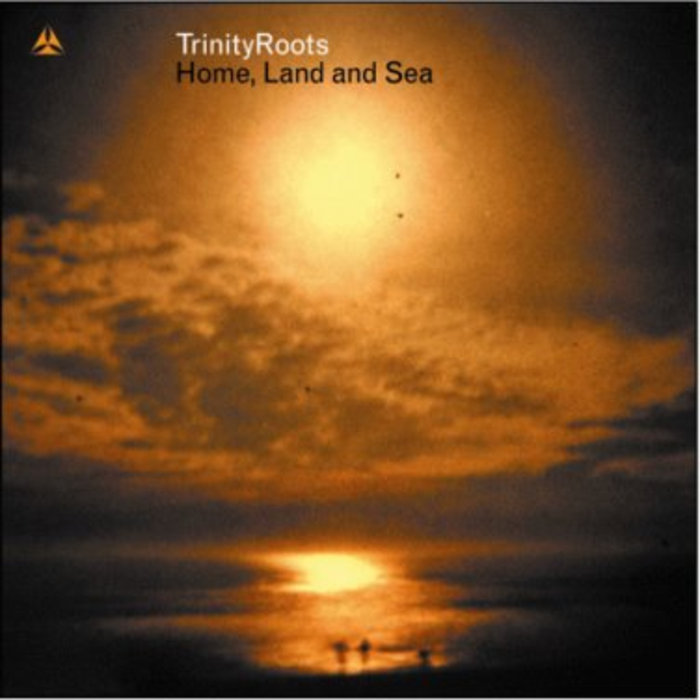


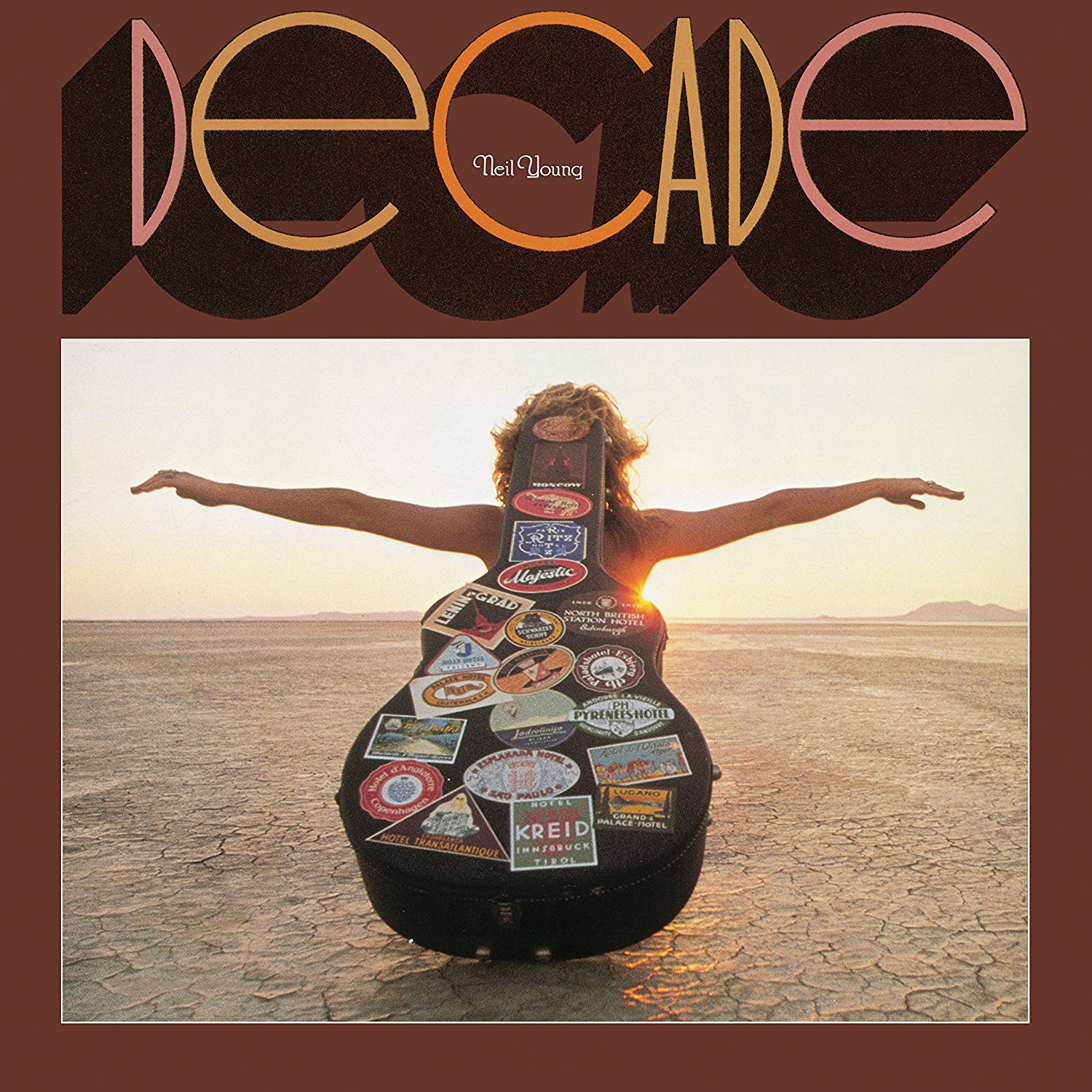
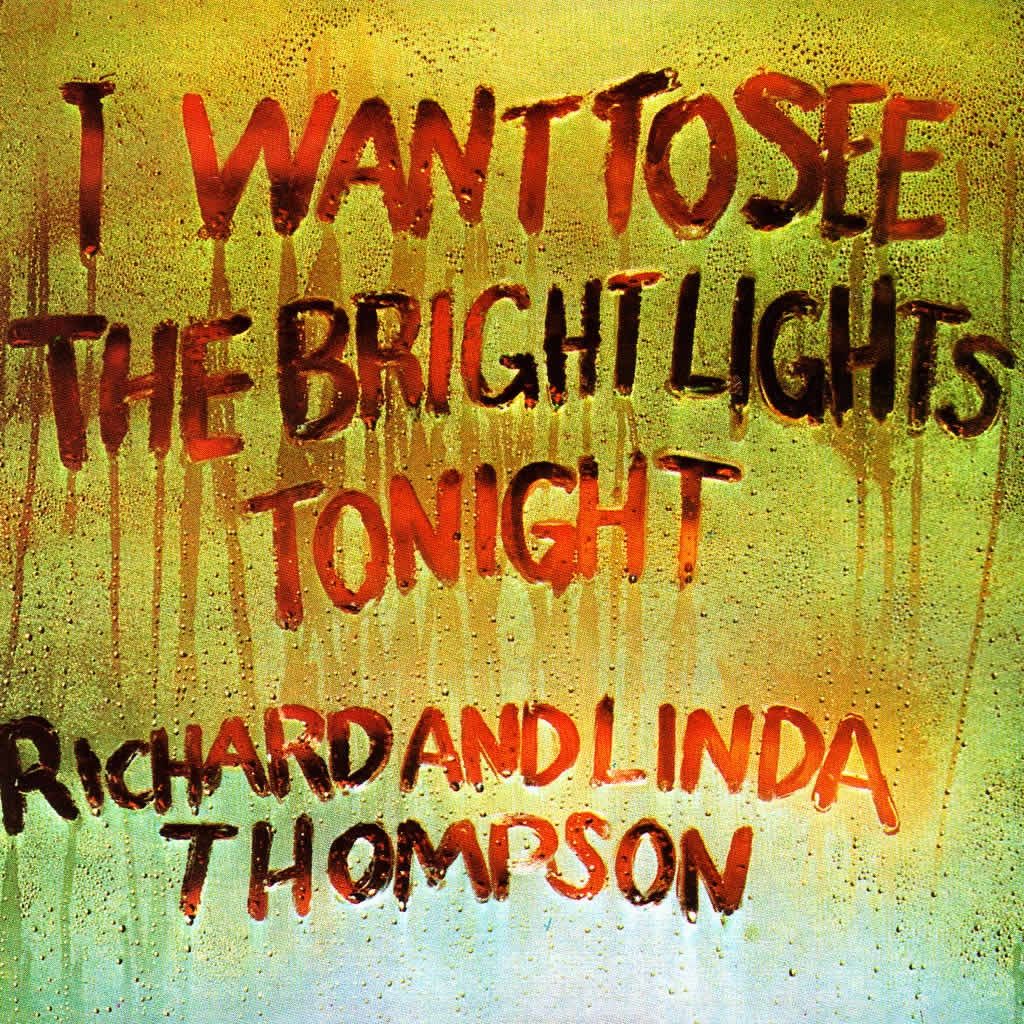
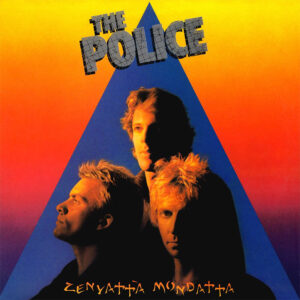
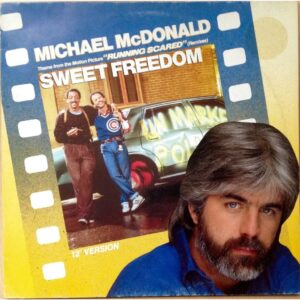
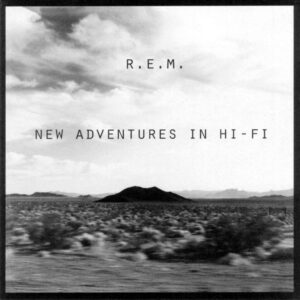


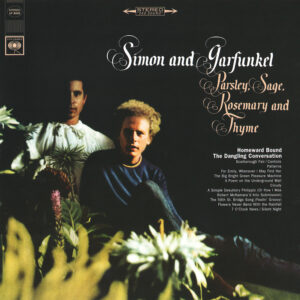
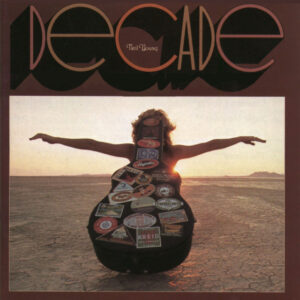
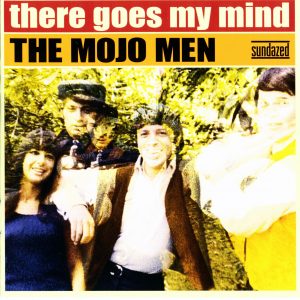




Here’s what I don’t understand. I’m pretty well versed in music and musical acts. How is it possible that I never heard of – not even remotely – a guy who started recording 30 years ago and for whom you can rank his albums? Where does this guy get played?
He’s certainly one of the more obscure artists I’ve ranked on my site, but I’ve always enjoyed him. Hard to argue that he’s influential or had much impact on music history, but I like his records a lot. He’s a bit of a critics’ darling- Christgau loves his 1992 album Can You Fly.
I don’t actually remember where I heard about him or where I got the first album from him. When I was buying CDs it was easy to find a bunch of his stuff in bargain bins and I kept finding them and enjoying them.
I trust you more than I trust Christgau. If I paid any attention to that dick I’d have the world’s crappiest collection of music.
This looks pretty good to me:
https://www.robertchristgau.com/xg/dontstop/lists-20.php
He trashes too much good stuff. I have no respect for him at all. None.
Like the normal stuff that every 1970s critic trashed, like Led Zep, Sabbath, and prog rock?
Why do you feel the need to defend him? Is he a friend of yours?
I’m glad you like him. But trying to argue me into changing my mind is a waste of both our time.
Hey Jim, you’re not alone, if it makes you feel any better. As I just told Lisa, I had never heard of Johnston either. But now that Graham even ranked his albums, I will have to check him out!
Wait, I thought she said she first heard about him from you.
I know, I wish I could make that claim! While a bit obscure, based on my initial impression, I think he’s definitely an artist worthwhile exploring. I could definitely see including him in a future “Sunday Six.”
I first heard of him on Christian’s Sunday Six and now I’m listening to him on Spotify. Good stuff. Thank you for the ranking and the playlist!
Cool – enjoy! I think Max covered one of his songs a while back too.
I wish I could take credit here, Lisa, but it must have been somebody else’s “Sunday Six”! Like Jim, I had never heard of Freedy Johnston! 🙂
Once again, Graham demonstrates his remarkable encyclopedic knowledge of music!
Oh wow, I think I must be losin it (my memory.) Oops! Maybe it was at Max’ blog.
No worries, Lisa. This may amuse you. I was about to leave a comment for Graham when I saw your comment. Next thing I did was to frantically search my own blog. While the search came up empty, it wouldn’t have been the first time I didn’t remember what I previously posted! 🙂
Dangit, Christian, I could have sworn he was the guy you posted a couple weeks ago and I asked you if you had posted his music before. Wrong again 🙁
Hey, let’s not get stressed out about it. After all, it’s only rock & roll, though we like it, yes we do! 🙂
LMAO 🙂
I did have a new Freedy Johnston song on my quiz post last week too – it could have been that?
Ah!!!!! Mystery solved! Graham, thank you 🙂
I think it’s more a demonstration that I found a cheap Freedy Johnston album years ago, bought it, and kept buying more because I was enjoying them.
As I just told Lisa and Jim, I had not heard of Freedy Johnston either. I’m currently listening to your playlist and really like what I’m hearing. Johnston may not be exactly a household name, but he certainly sounds worthwhile exploring – jeez, even Robert Christgau found something positive to say. What’s wrong with him? 🙂
I’m not really a huge Christgau fan – he’s a bit snarky and our tastes don’t overlap that much but I think he was totally right about Johnston. Thanks for listening – he’s you’d enjoy, I think.
I have Never Home and Right Between the Promises. I want to explore him more. He is one artist I posted that you are the only person who knew him. I thought he would be a little more known if only because of Bad Reputation…it was at least a minor hit.
I will check out Can You Fly.
I think it was a little harsh having Never Home at #5 – he has a bunch of really good albums.
Good job. 9 albums and I have never heard of him (or don’t think I have).
Yeah, certainly not a household name.
I first heard him on some soundtrack in the 90s, but never even saw any albums in shoppes. Wild.
That’s weird – I found him in second hand bins a bunch. Generally anything from the 1990s is pretty easy to find.
That is weird, maybe they’re all in your town… My dusty memory tells me the song I heard way back then was On The Way Out. Or if that’s not the title that was some of the words he repeated lol.
Yup, from memory that’s the opening song on 1997’s Never Home.
Cool! I couldn’t tell you what soundtrack it was on, though.
Like many other commenters, I was not familiar with him either. His songs are pretty good.
He has quite a distinctive songwriting voice – a little bit dark, and able to paint a picture in a few words.
I re-listened to that oldies album again and I liked a lot of it. He does cool songs like Do You Know the Way to San Jose and Let’Em In and Bus Stop. At first they don’t sound like much but then you get used to hearing them in that style and you really start to like them.
He’s generally quite understated – although the new album is a bit more conventional than usual.
I put his Do You Know the Way to San Jose and the two Paul McCartney covers on one of my playlists today. And Bus Stop. Those are all favorite songs of mine and I never heard covers of them before. I still haven’t listened to any of these other albums yet.